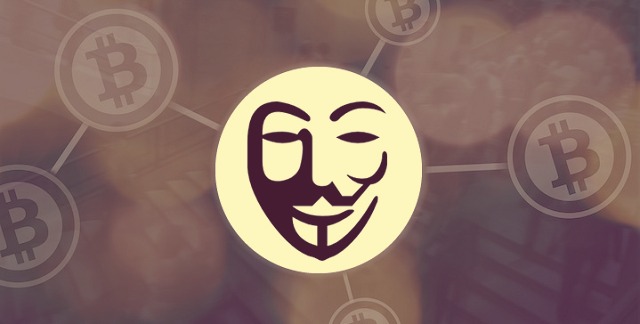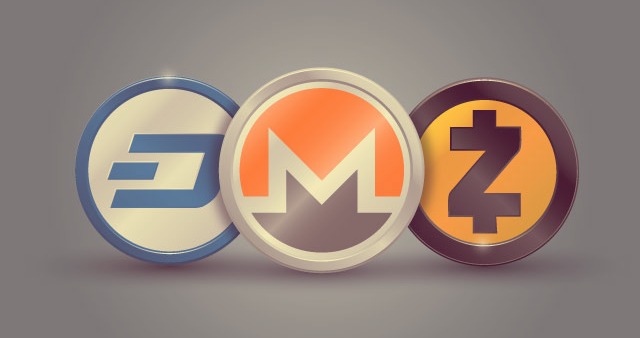Often there is a debate regarding the anonymity of Bitcoin in the crypto community. Some users consider it anonymous and perfect for shadow operations, while others state that it is possible to identify anyone in a distributed network. So who is right? Let’s try to figure it out.
What anonymity is based on
The main reason to consider Bitcoin anonymous is that the user can always create a new address for completing transactions. In this, there is no need to provide information about you, and the address is just a string of numbers and letters, where no personal data is encrypted. Indeed, the whole distributed Bitcoin network represents a series of transactions between the addresses, where no one knows the owners hiding behind them.
How users are revealed
There are several methods allowing determining the relationship between the address and a concrete person or company:
- Hardware and technical method. Network nodes exchange data, and the node receiving the transaction from the user’s computer can record its IP address. The more nodes the person has, the more transaction data and IP addresses he can collect. Besides, Internet provider storing the logs can retrieve data as well. If necessary, provider can share them with the law enforcement.
- User leaves traces. When sending and receiving bitcoins, purchasing goods for them, exchanging them for altcoins the user is forced to disclose some of his personal data. Paying for some goods in online stores, the customer has to provide his address for delivery. Exchanging the bitcoins for fiat money or altcoins, user reveals him again due to the verification required by all the serious exchanges.
- Cluster analysis. In blockchain, all transactions are publicly available, which means that anyone can see the addresses from which the bitcoins were delivered to certain users and where they were sent. After that, the analysis of the links between these addresses and the users is conducted, and the net of transfers uncovers.
How to increase anonymity
Despite the seeming impossibility to remain anonymous, the user can take some measures, which will complicate the attempts to identify him and strengthen his protection:
- Hide the IP address. Various anonymisers (like VPN and TOR) will help you with that. They will complicate the attempts to figure out the user address for those who collect information about the relations through the full nodes and other users, with which the direct transactions are conducted.
- Hide the real personality. The habit of not indicating the cryptocurrency addresses on the websites where the user posts his real data (such as social networks) will help you with that. Moreover, you shouldn’t use the nicknames containing any personal information on the cryptocurrency websites (for example, name and date of birth).
- Use mixers. These are special services that accept multiple transactions from different users, mix these bitcoins and distribute them to the new addresses, thus hampering the calculation of relations. In this, you should use the mixer that has a different number of inputs and outputs and uses the time lags when making transfers.
- Use different addresses. Users have access to an unlimited number of free addresses, and they shouldn’t neglect this opportunity.
Now you know that the use of Bitcoin doesn’t guarantee anonymity. But by taking action, you can complicate the attempts to disclose identity. Of course, the use of cryptocurrency will become more difficult as well, and some services may become unacceptable. It all depends on what are you willing to sacrifice. However, if anonymity is the main requirement to the cryptocurrency, maybe you should consider the altcoins, which were created specifically for this purpose — Dash, Zcash, Monero, Verge, PivX and Komodo.


 Telegram
Telegram 
